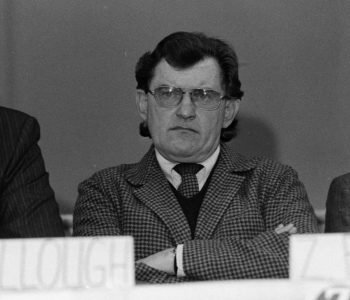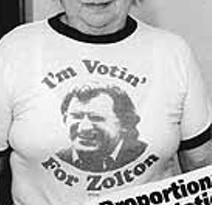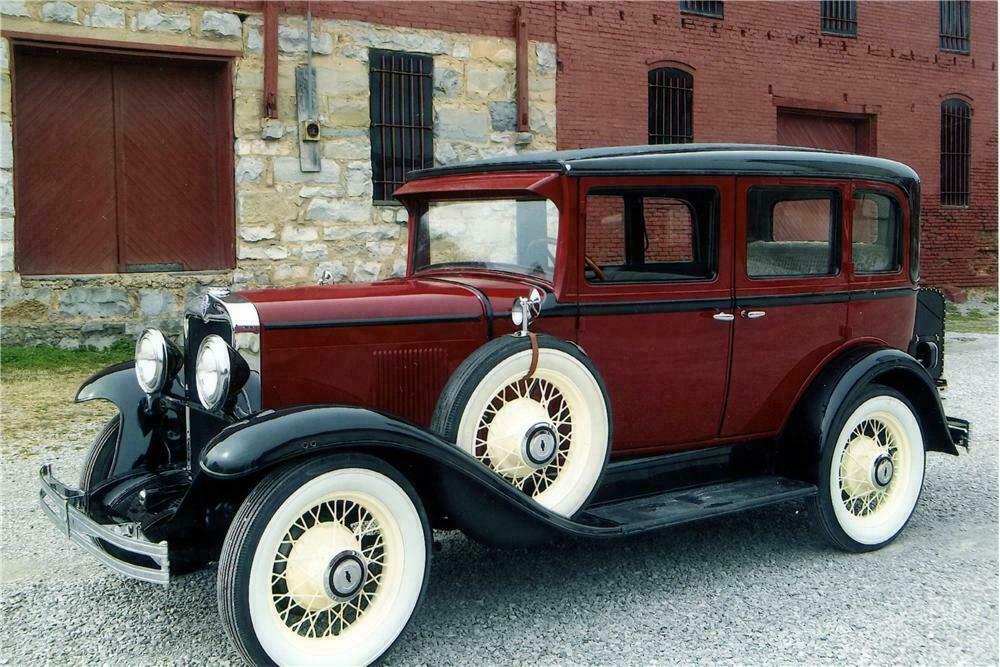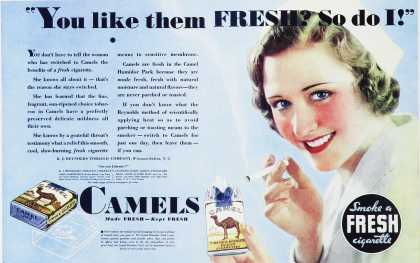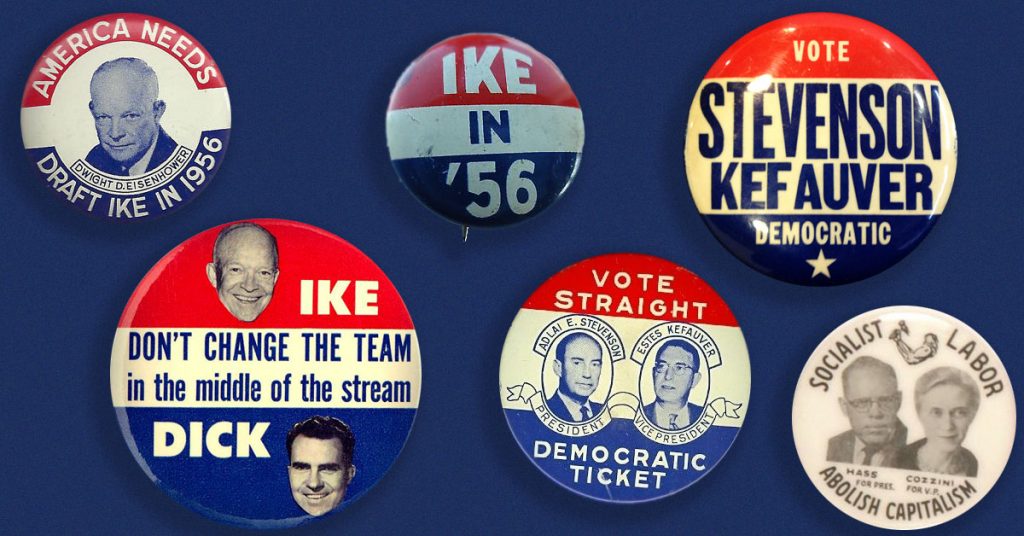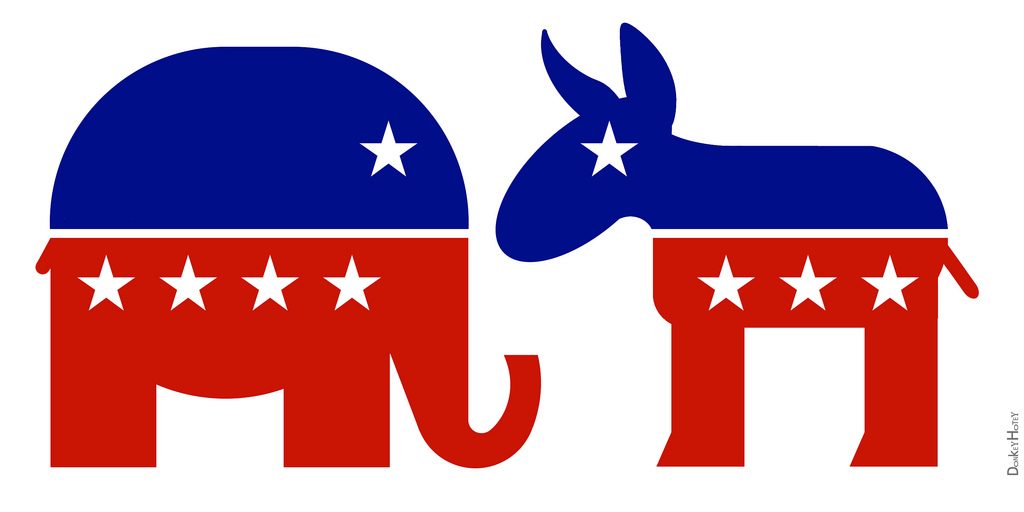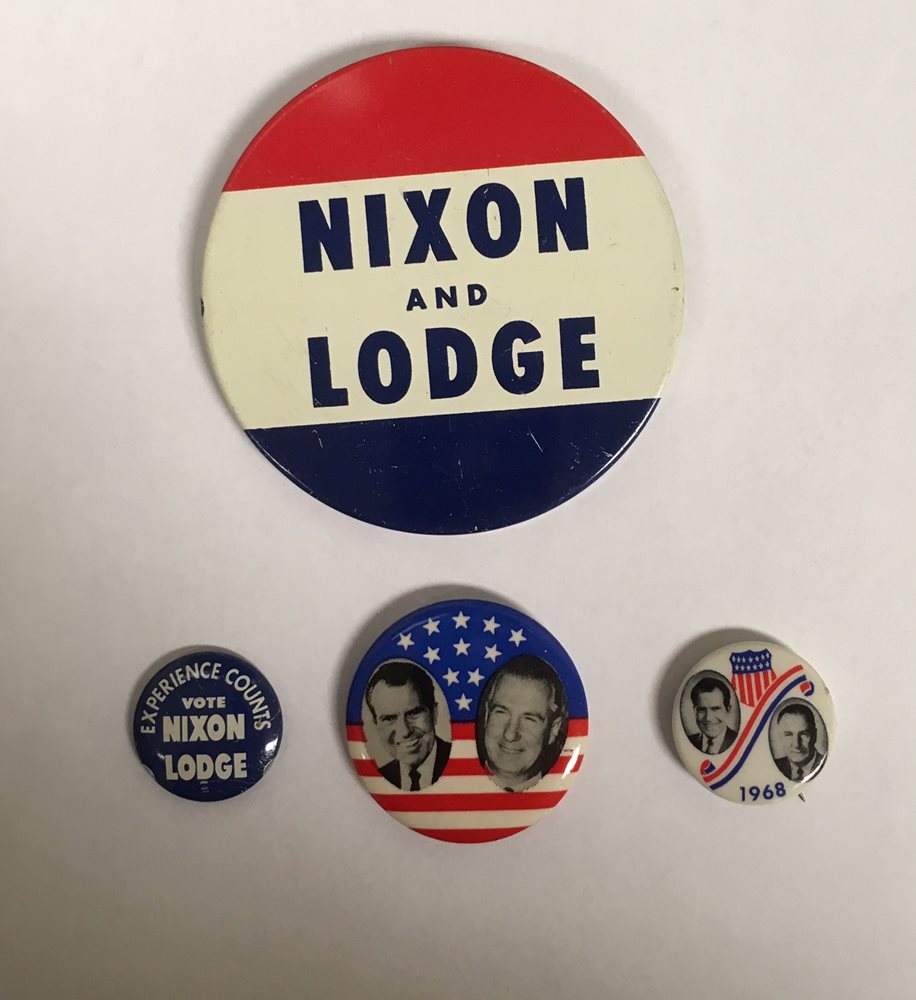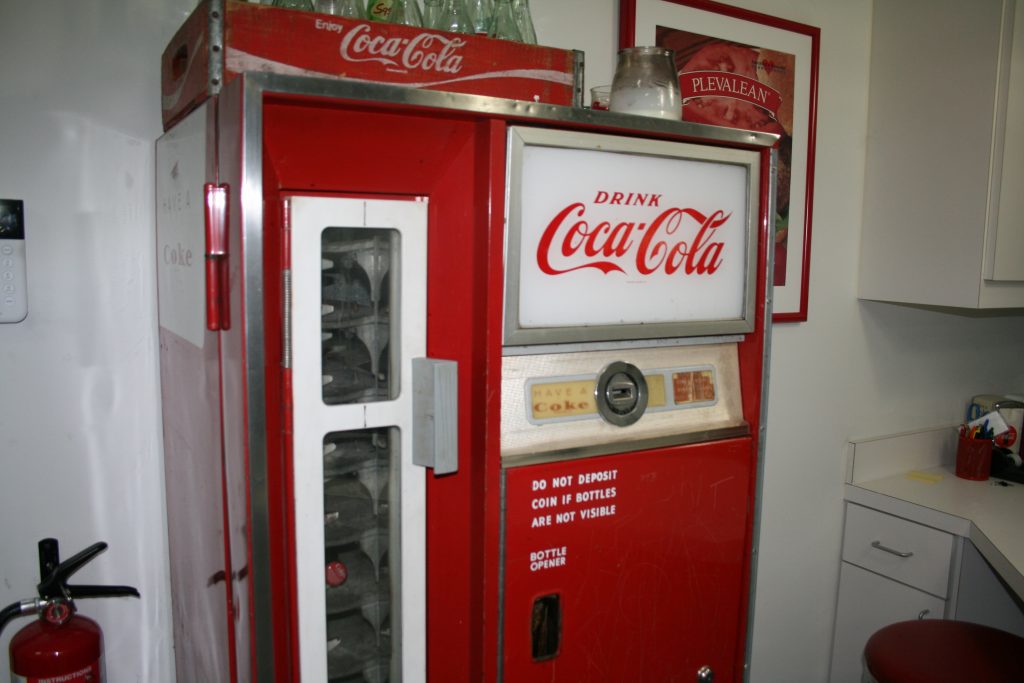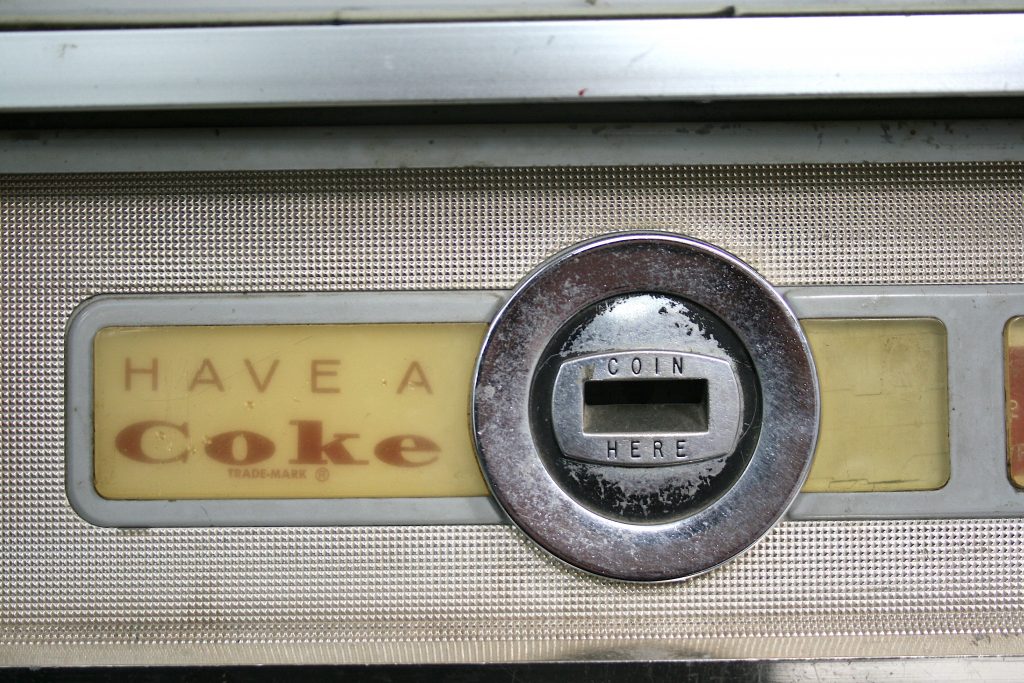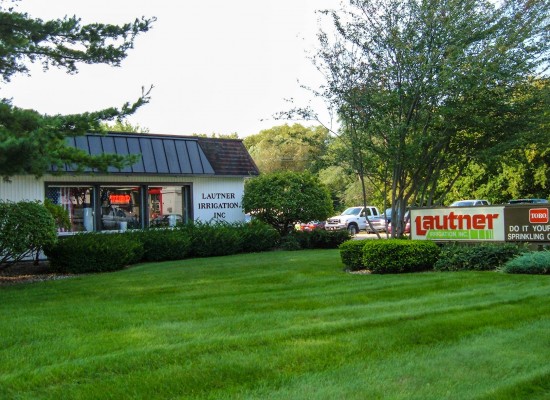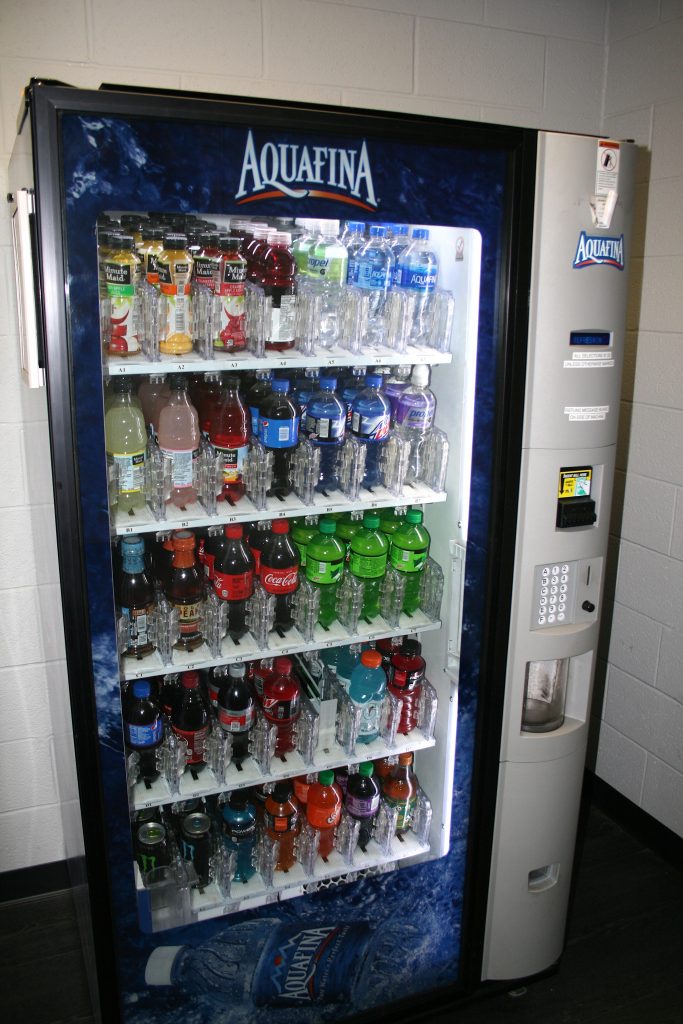
Living Your Legacy
Will Your Life Live On
“He had a strong sense of what was right and what was wrong.”
Bill Rustem
“He was truly a great gentleman.”
Arlie Brower
“What did make him great was his enduring decency.”
Jack Lessenberry
These were all comments given during a memorial service for former Michigan Governor William Milliken. With all fairness you would hope kind words would be said about someone at their memorial service. But there was so much to take in during this event.

I was a cub reporter, first in radio then in television, during the governor’s final years in office. An office he held for 14-years, longer than anyone else in Michigan history. There were many times I interviewed Governor Milliken and as a reporter you try keep a skeptical eye on everyone you talked to in political life. But with Governor Milliken you couldn’t help yourself, because you were probably going to like and respect him.

In 2006 during a television interview Milliken was asked how he would like to be remembered. I think his answer would be true for anyone on this planet, “A governor who tried to do the right thing.” In political context he said, he wanted to be known as a man, “Who tried to put intense partisanship aside, to do what I thought was in the best interest of Michigan as a whole.”
It’s interesting that I went to this memorial at a time when I’ve been thinking a lot about the legacy we leave.
I started having these thoughts after a recent interview I did for a magazine article. I talked with a man who fought during the Vietnam War. He was caught in an ambush and was severely injured. In the hospital they put a toe tag on him and thought he was killed in action. Death did not take him that day. Instead he lived a life serving the veterans in his community.

I will never be governor of Michigan. I will never live my life in service to veterans. Pretty sure I will not find a cure for cancer, negotiate world peace or find a way to eliminate hunger. So what is my legacy? I have three children who are better people than I ever was. That is one possible legacy.
Somehow raising three great kids seems to be pretty small compared to negotiating world peace.
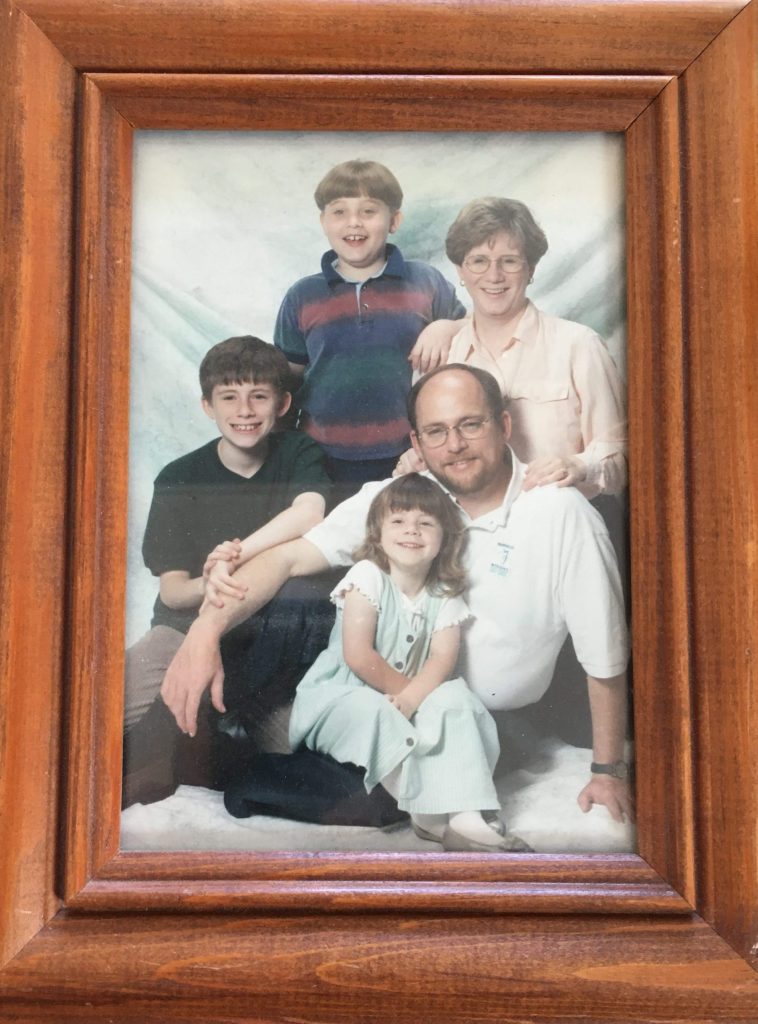
Do you ever find yourself looking for a greater calling? I think most people do. We are not here to punch the clock, put in our time then head to the pearly gates. We are on this planet to do more. To quote the famous philosopher, Uncle Ben from Spiderman, “With great power comes great responsibility.”
Sometimes that power is being a parent. Sometimes that power is being a boss. Sometimes that power is running a business that provides an income for multiple families. I do know that if you accept the power, you better be willing to accept the responsibility.
There are times in my career when I truly felt I was doing exactly what I should be doing. There are other times when I felt I needed to be doing more. When you are doing what you should be doing, no matter how tough the job – it is tremendously rewarding. When I interviewed that Vietnam veteran I really felt I needed to be telling his story. I felt that people needed to be inspired by his near-death experience and what he made out of his life. I was doing exactly what I should be doing at the time I should be doing it.
Ultimately we will probably never know our legacy. I have no idea what will be said about me when I am dead and buried. I have no idea if the life I lived will have an impact beyond my immediate family and those closest around me.
But what became clear from the Governor Milliken memorial is that it doesn’t matter your age, the more you live your life with purpose – the more of a legacy you will leave. During the memorial Bill Rustem summed it up by saying, “The end will never come to the good you have done.”
That’s a pretty good legacy.
